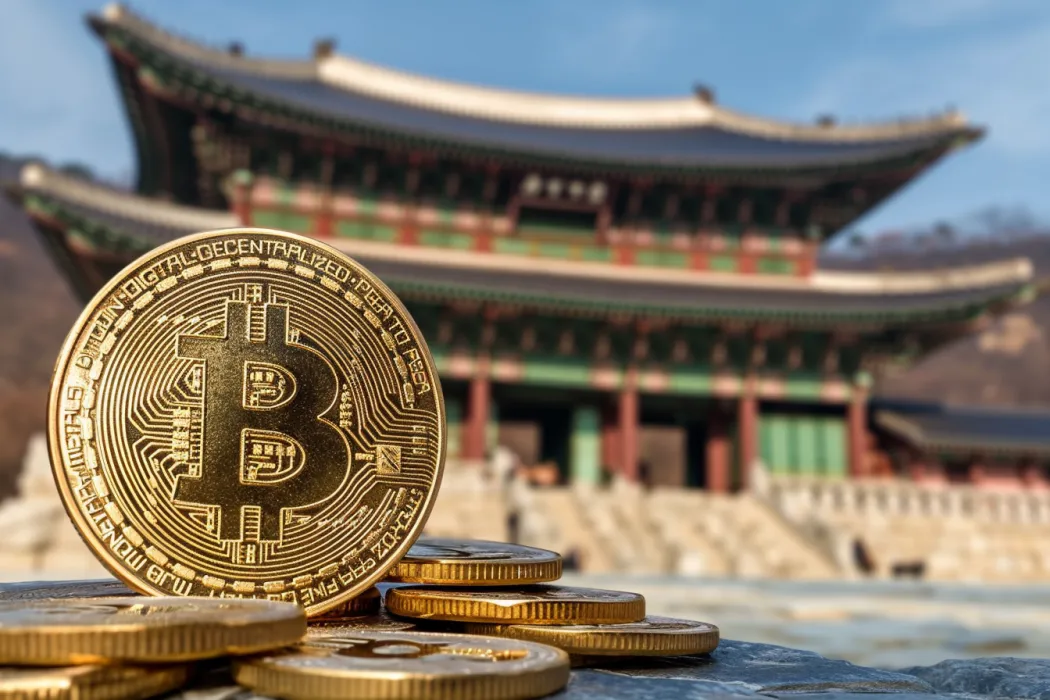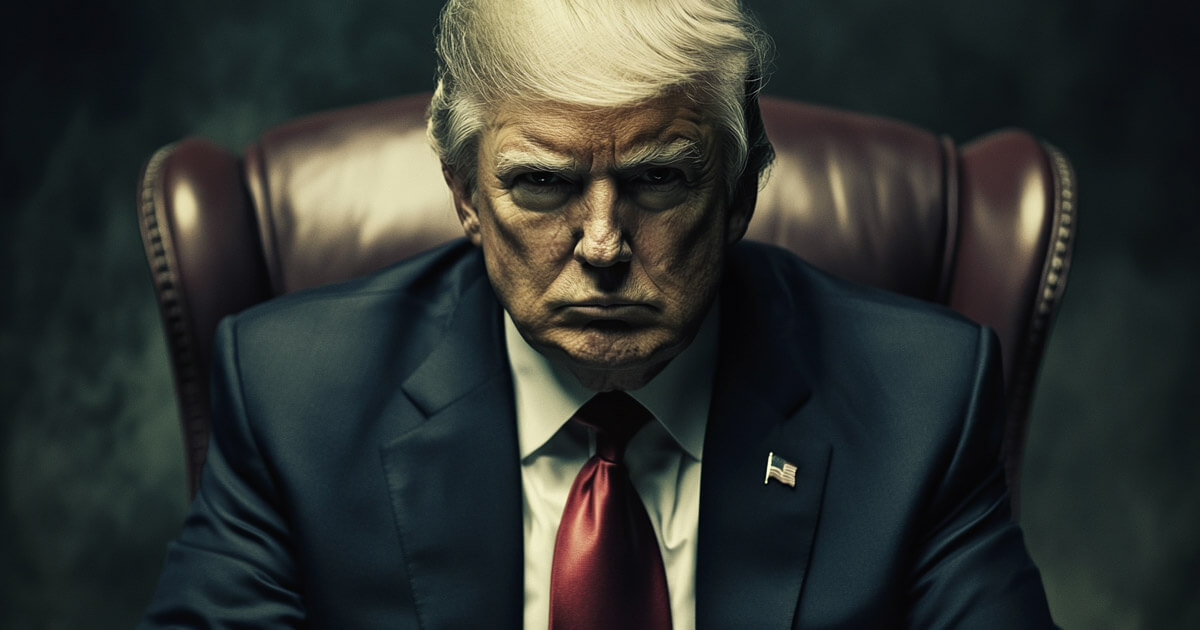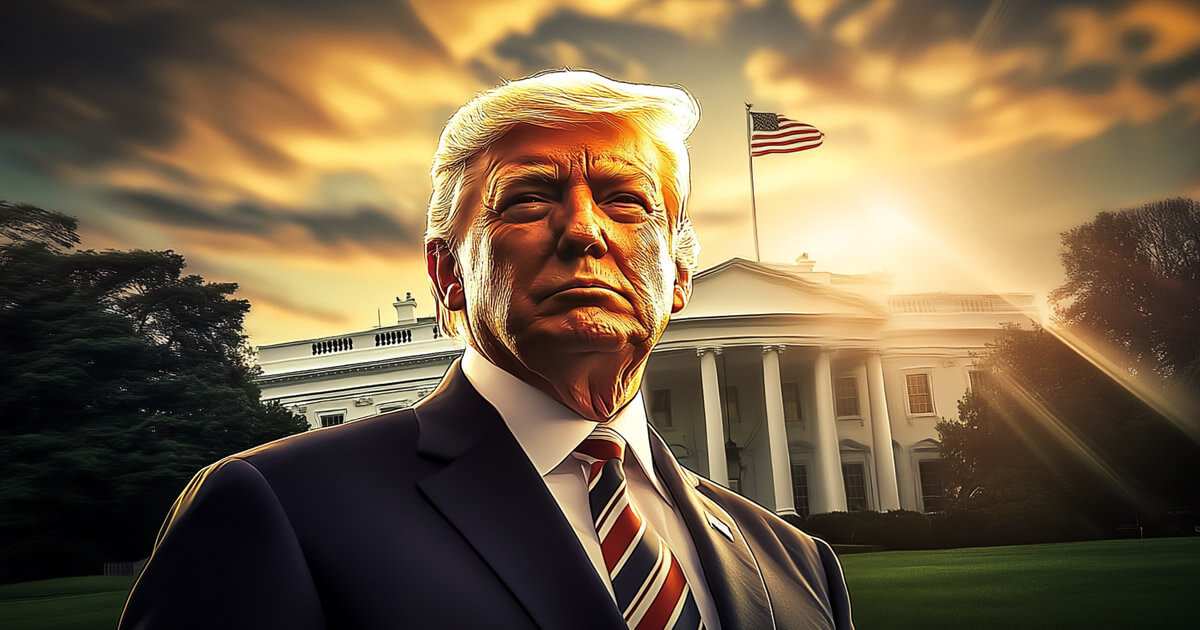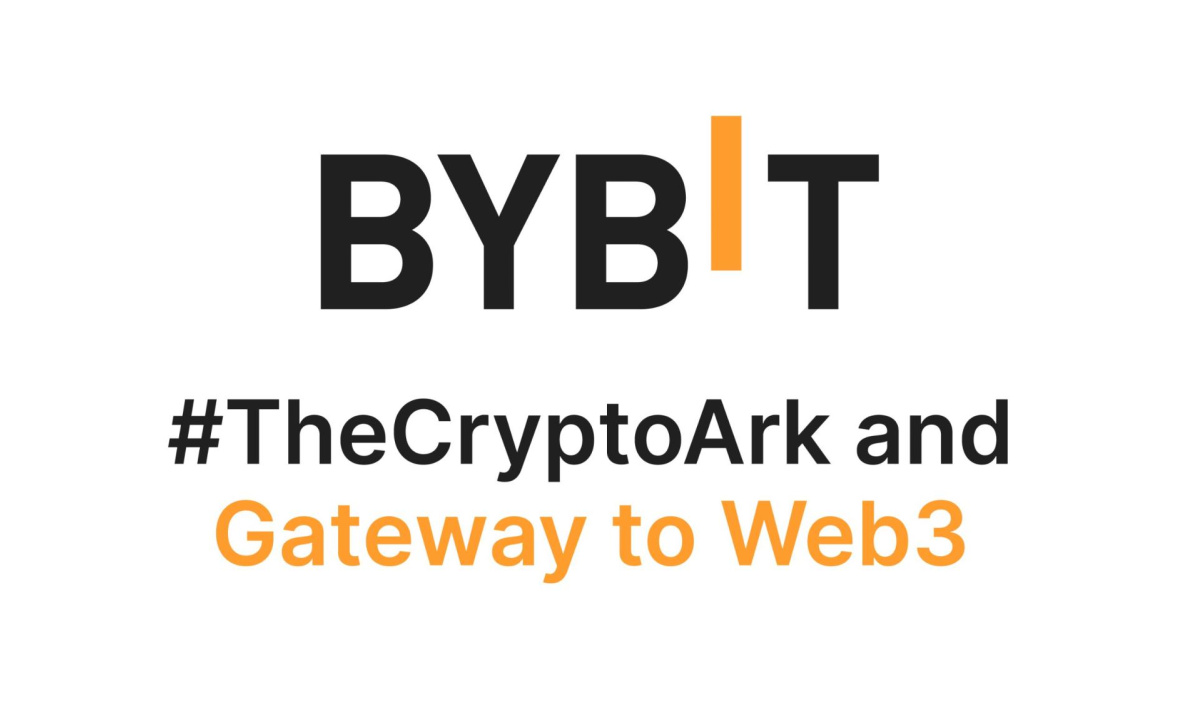South Korea is is taking a stricter approach to regulate the digital asset market. To enhance investor safety, authorities are intensifying their efforts to compel local cryptocurrency exchanges to eliminate fraudulent practices.
This push for tighter controls comes ahead of a new digital-asset legislation set to be implemented later this month, on July 19th. The Financial Supervisory Service (FSS) is taking a proactive stance, announcing that it will be closely monitoring atypical Bitcoin transactions to identify potential red flags.
Exchanges are being heavily urged to actively participate by feeding data and information into the system to ensure compliance with the incoming regulations. According to the FSS statement, transactions that deviate significantly from the norm – characterized by high volume, unusual price ranges, large sums involved, or suspiciously slow execution times – will be scrutinized. This intense monitoring aims to unearth accounts linked to “alleged” suspicious activities.
South Korean Won Becomes World’s Most Traded Currency For Crypto
South Korea’s Won (KRW) accounted for $456 billion in trading against crypto in Q1 of 2024
South Koreans play a significant role in supporting the Bitcoin sector. The country boasts a significant population enthusiastic about cryptocurrencies, and the Korean Won has recently surpassed the US dollar as the preferred currency for buying and selling digital assets.
However, it’s important to note that participation remains concentrated within a specific demographic. Less than 10% of the population actually engages in cryptocurrency trading, and a large portion of this activity involves smaller, more volatile altcoins rather than the dominant Bitcoin.
Is South Korea Politicizing Crypto at The Expense of Its Users?
South Korea’s general election is kicking off tomorrow but how realistic are both parties’ “crypto-friendly” promises?
Credit: Source link















































